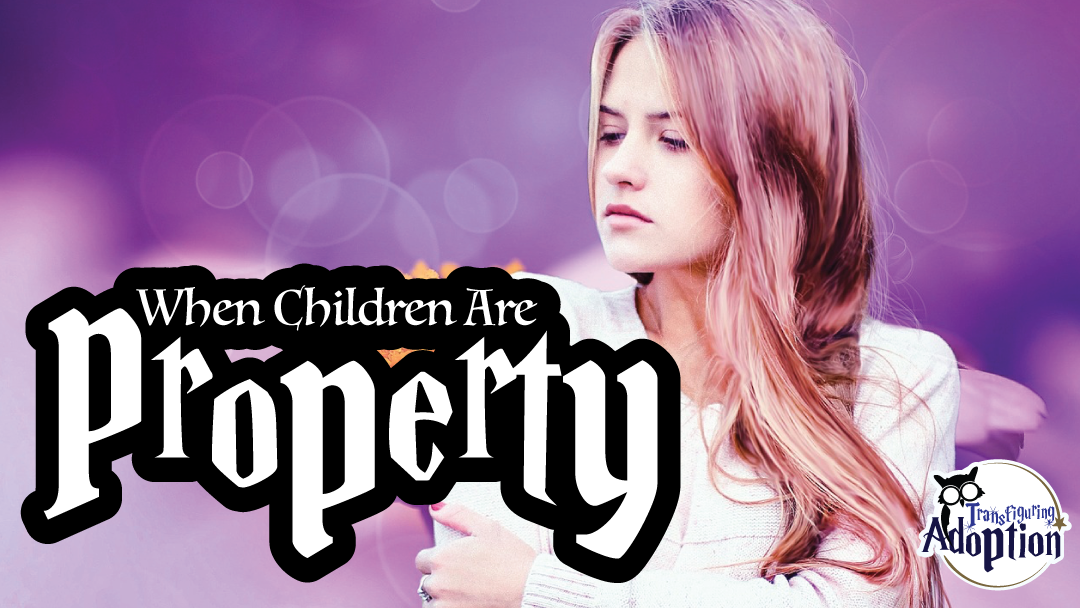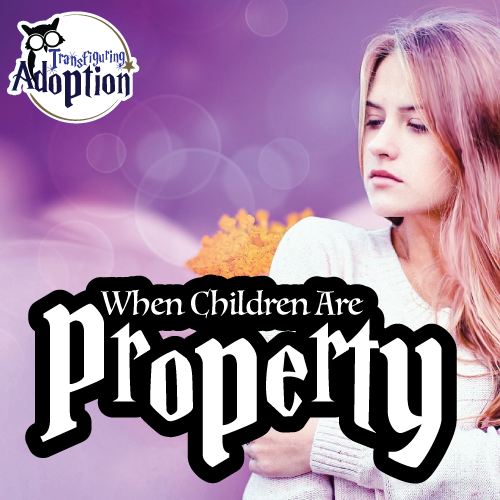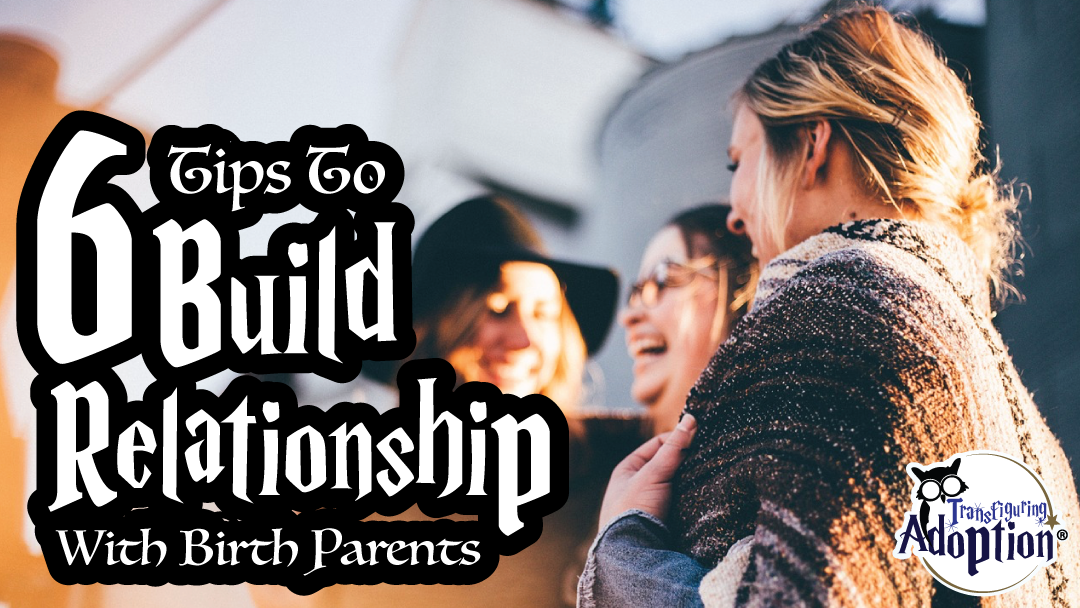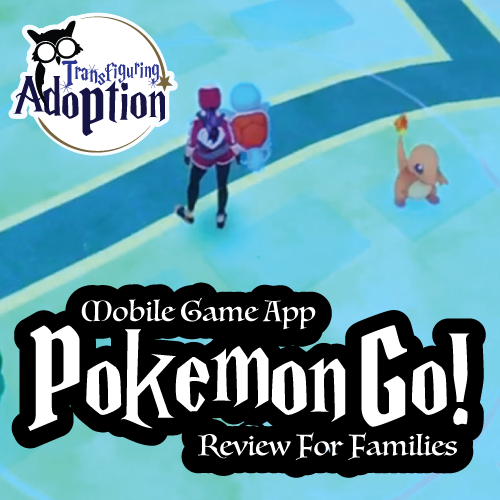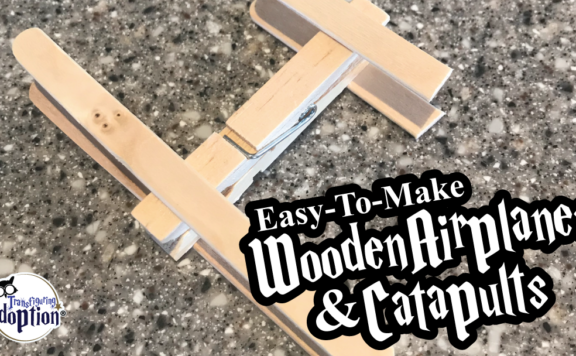When birth parents experience the removal of their children by child protective services, they tend to have a few different reactions:
- Work the Plan – Work Hard
They do everything in their power to reach the goals the agency has given them in order to be reunited with their children. They come to all scheduled visits and court dates. They work really hard and show a great deal of care towards their children. - The Dangling Carrot Feeling
Some birth parents work their parenting plans and always show up but seem to not be able to meet the agencie’s demands. They may feel helpless, as if the agency keeps dangling their children as a carrot out in front of them, but they cannot ever do enough, and though they care endlessly for their children and desire them to be back at home, they may eventually give up. - Not Present
Some birth parents, due to addiction or other reasons, do not show much interest in parenting. They do not show up to visits or court dates. They do not work toward their case goals. - Competitive Winner
There is a very small group of birth parents who appear to have a different attitude. These parents fight hard to retain their parental rights, but they seem not to care about how their children are cared for but solely about winning the case. They seem to view the child as property and simply appear to want their “property” back, but they do not act in the child’s best interest or meet the child’s needs.
All parents whose children are removed are being faced with such an invasive and stressful situation, which many people have difficulty understanding. These responses are all valid and have reasons, but the one that seems to be most troublesome is the response that a parent cares only about the child as a piece of property. It is very concerning for all those involved.
BUT, this blog is not really about birth parents. I want to challenge foster and adoptive parents to question whether they are exhibiting a similar response and to consider the potential consequences.
A Challenge to Foster/Adoptive Parents
Foster and adoptive parents can be just as possessive. As with birth parents, their reasons are often valid, BUT the results can be equally harmful. Adoptive parents have often fought so hard to help the children in their home. They may have been directly involved with birth family members during the foster care or adoption process, and it may not have been a pleasant experience. There is often a tendency for foster and adoptive parents to say the child is theirs and theirs alone once the birth parents’ rights have been terminated or adoption has been finalized. As a result, they often do not acknowledge that the child had beginnings apart from them. They may not acknowledge the child’s loss or the loss of the birth family (immediate and extended). They may cut others who love the child (or who would like to know and love the child) out from the child’s life.
These thoughts and actions have the potential to hurt the child by:
- keeping them from information about their identity which they may need to develop in a healthy way, and
- keeping them from developing or maintaining healthy relationships with birth family members.
The reality is that research and story after story tell us that openness in adoption is the best for all involved. There are different levels, which is necessitated by each situation and by what is beneficial for everyone involved. It is not always comfortable, and sometimes there has to be a time of healing and little contact after termination of parental rights or adoption finalization for everyone to heal, process, and gain perspective.
There is a beauty that comes from sharing our children with everyone who loves them. There is a quote that occasionally floats around Pinterest and Facebook:
“He is mine in a way that he will never be hers, yet he is hers in a way that he will never be mine, and so together, WE are motherhood.”
I did a little surfing around and found that this quote was made by birth mother and adoption advocate, Desha Wood. When we can acknowledge that a child belongs fully (in different ways) to their birth and adoptive families, we can develop relationships that only serve to make our children happier and healthier. On one of our recent Monday Caregiver Check-Ins, Allison Douglas (foster/adoptive parent of 4 children and professional at Harmony Family Center, Knoxville, TN) shared about a birthday party they recently had for one of their children. There were several birth and adoptive family members there celebrating the child. She shared how natural it was for her child to introduce all these people to friends and introducing both his moms as “Mom” and all other family members simply by relationship, and not necessarily differentiating between birth or adoptive relationships. I loved a similar moment at a party where one of my kids had one arm around me and one around their first mom and leaned over to kiss each of our cheeks and say, “I love you, Mom” to each of us. My kids belong as much to their birth families as they do to our families.
On the other hand, I have seen enormous hurt when an adoptive family claims a child as theirs and theirs alone and needlessly cuts out siblings, or birth parents, or other extended family members. Adoptees and foster children are done a great injustice when the foster or adoptive family acts as if the child’s life began with them and leaves out any part of their personal history before placement.
